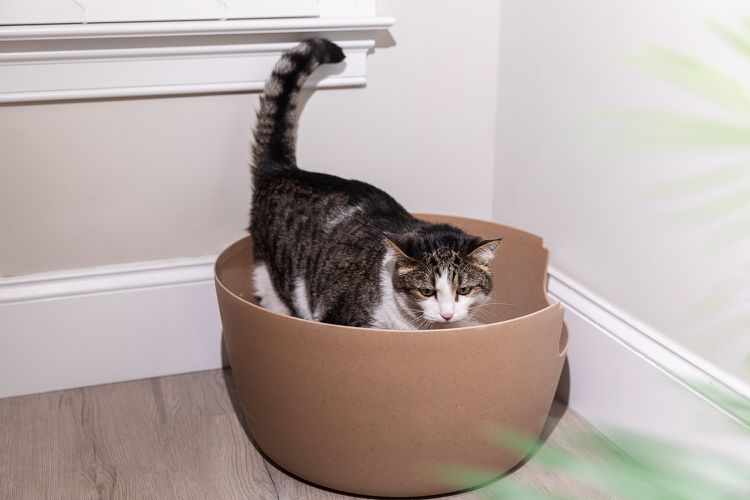
Covering poop is a normal cat behavior, right? Not necessarily. Wild cats that bury their excrement do so for basically two reasons: One is to keep their presence unknown from possible predators. The other is to show that they are not challenging more dominant cats. These more dominant cats rarely bury feces, and often leave waste on grassy tussocks that elevate and make it even more prominent.
So, it seems the only reason for a domesticated cat to bury its poop is if there is a dominant cat in the house. However, burying excrement is a very natural cat behavior. Why then is your cat not doing it?
Humans have encouraged the behavior in our pet cats, by selectively choosing (and breeding) the ones that are “clean.” Cats that leave their excrement uncovered for the world to admire are not abnormal—they’re just being cats.
If your kitty has always dug-and-covered as normal litter box behavior, and suddenly makes a statement with uncovered poop, ask yourself what else has changed. This may be the cat’s way of sending a smelly signal to other cats (or even a stray hanging around outside the window) that the territory is owned.
In the wild, dominant cats (including jaguars, leopards, lions, and tigers) that are competing for territory don't bury their feces, sending a message that they are declaring that spot as their own. A domesticated cat may choose to not bury their poop to let other cats—or their owner—know "I am here." Even if a cat has lived in the same place for a while, he may not feel it is his territory. The smell of their poop shows that particular cat's presence.
Cats that choose not to cover, or leave a deposit outside the box, may simply be doing what comes naturally. Although burying feces is generally a modeled behavior from the mother cat, some cats actually never learn to do this. Separately, roaming kitties may use unburied waste as another form of marking.
When it comes to litter boxes, size does matter. Maybe your cat's litter box is too small for them to turn around inside to bury the poop. And, as the saying goes, cats can be finicky—perhaps your cat doesn't like the feel of the cat litter, or the box is too dirty, and they would rather not spend any extra time in there. If you suspect one or both of these things could be true, give a new brand of litter a try, or upgrade to a larger litter box.
There aren't any specific diagnoses that would cause your cat to not bury their poop, but if your cat is experiencing some kind of pain or discomfort—whether in their paws, while going to the bathroom, or just in general—that could deter them from spending more time in the litter box. Also, cats who have been declawed recently could choose to skip the burying process.
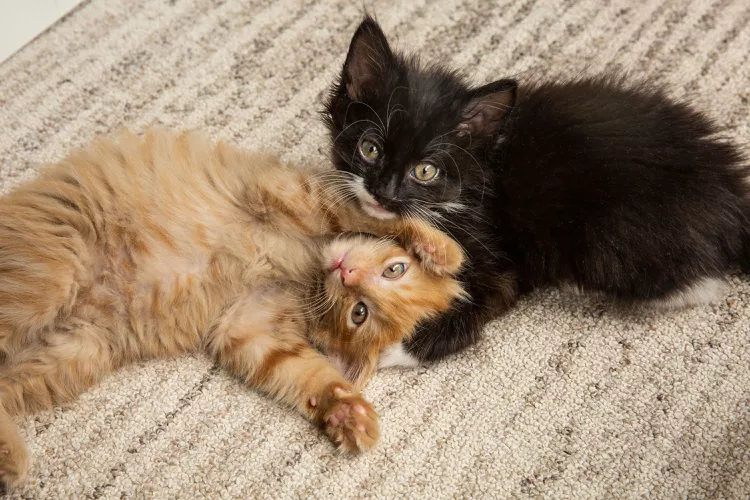
Why Two Kittens Are Better Than One
There are benefits of adopting two kittens, such as more feasible training and companionship between them.
Everything You Need to Know About Raising Your First Cat
Whether you are thinking about getting a cat or just adopted your first one, these are the things to know to make your relationship a lasting one.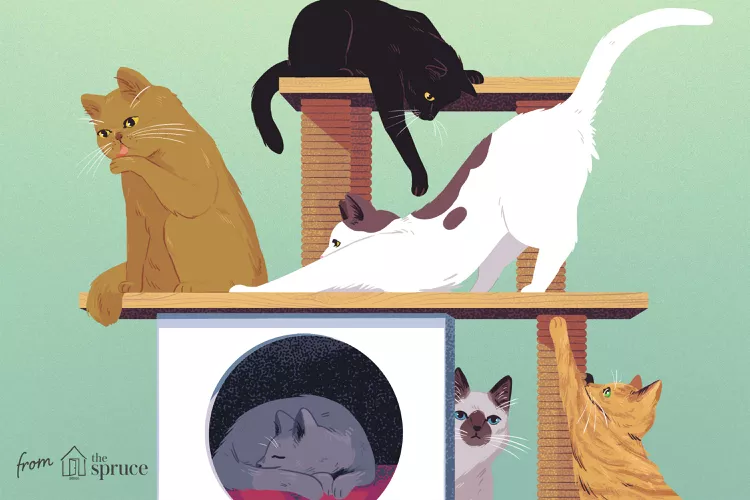
How Can I Tell the Sex of a Cat?
Telling male and female cats apart can be difficult for those who don't know what they're looking for. Here are helpful tips to discover their sex.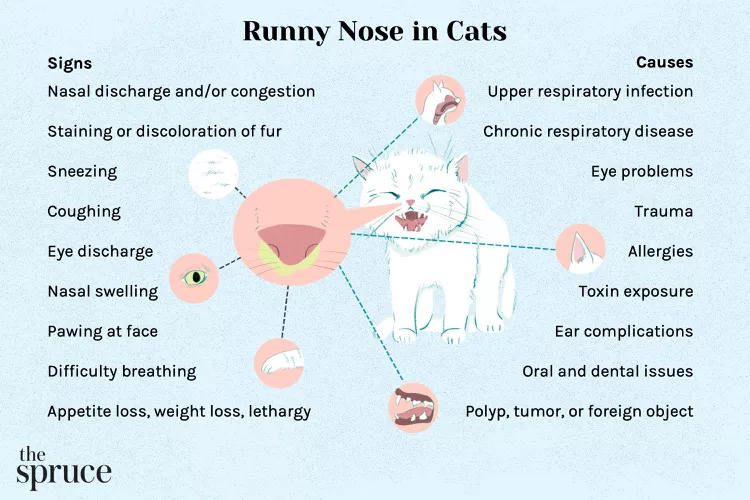
Runny Nose in Cats: Causes and Treatment
Cats get runny noses due to upper respiratory issues, but many conditions can cause this. Learn the causes of runny noses in cats and the associated signs. Find out how vets diagnose and treat cats with runny noses.
How Long Can You Safely Leave Canned Cat Food Out?
You cannot safely leave canned cat food out all day. Twenty to 30 minutes is the max, so give smaller portions and reheat food for later feedings.
Meat Byproducts in Cat Food
Most cat experts recommend premium brands of cat food that avoid ingredients like byproducts and chicken meal. Learn what to look for on the label.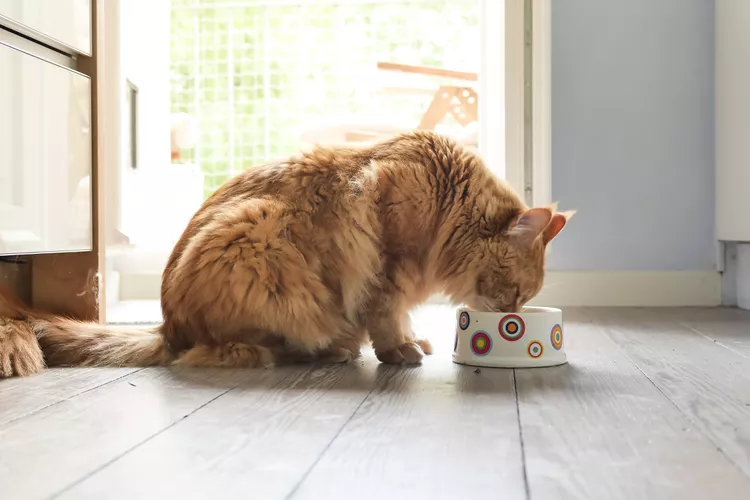
How Much Wet Food to Feed a Cat Every Day
The amount of wet food your cat needs depends on factors such as age, weight, body condition, and lifestyle. Learn how much wet food to feed your cat.
Taurine for Cats
Taurine is an essential animal protein in your cat's diet. Learn more about the various ways it supports your feline's body.
The Different Types of Pet-Friendly Workplaces
Discover the different types of pet-friendly workplaces and the benefits they offer employees. Learn how to create a pet-friendly workplace and the best practices for pet owners.
8 Halloween Safety Tips for Pets
The spooky holiday can be overstimulating and even dangerous for pets. Here's how to avoid the problems caused by toxic candy and incessant doorbells.
Why You Should Keep Cooked Bones Away From Your Dog This Holiday Season
People should be aware of the dangers of cooked bones, especially around the holidays when they might be more accessible to your pup.
Can Dogs Eat Squash? Here's What a A Vet Thinks
Dogs can safely eat squash as long as it's prepared correctly. Find out how to properly feed this versatile fruit to your dog.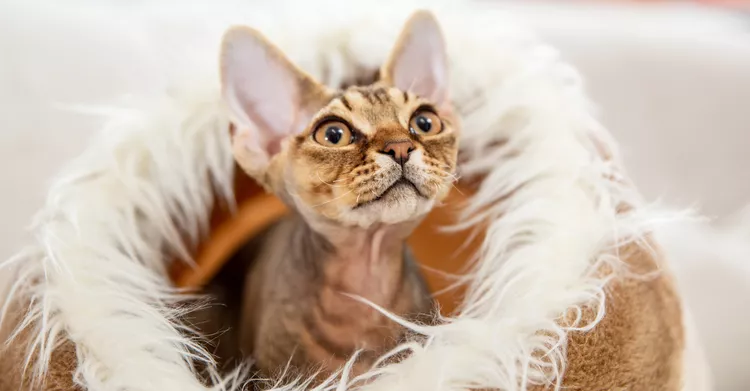
16 Small Cat Breeds That Are Petite Purring Machines
Small cat breeds like the Singapura and munchkin may be smaller than an average housecat, but they leave a giant imprint on your heart.
10 Best Cats With Big Ears
Cats with big ears often look extra endearing. Check out some common big-eared cats, including the Abyssinian, Devon Rex, Siamese, Sphynx, and more.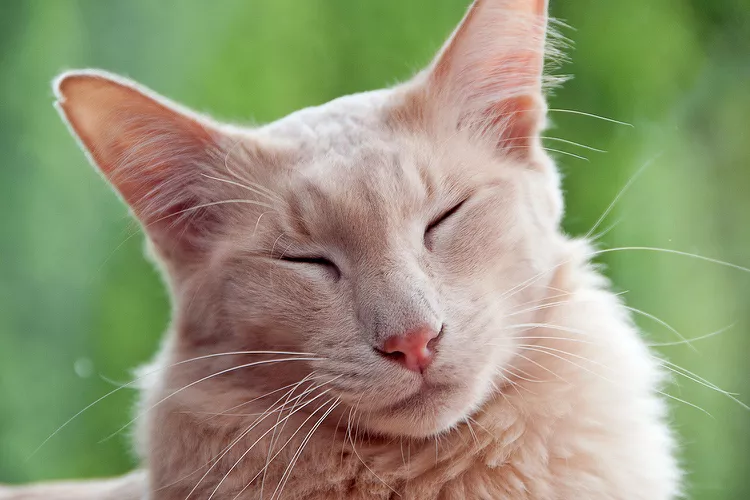
Javanese (Colorpoint Longhair): Cat Breed Profile, Characteristics & Care
The Javanese is a semi-longhaired, color-pointed cat of Siamese type. They are related to the Siamese, Colorpoint Shorthair, and Balinese breeds.
How to Stop Aggression in Dogs
Dog aggression can be a serious behavior issue for pet owners. Learn how to stop aggression in dogs before someone gets hurt.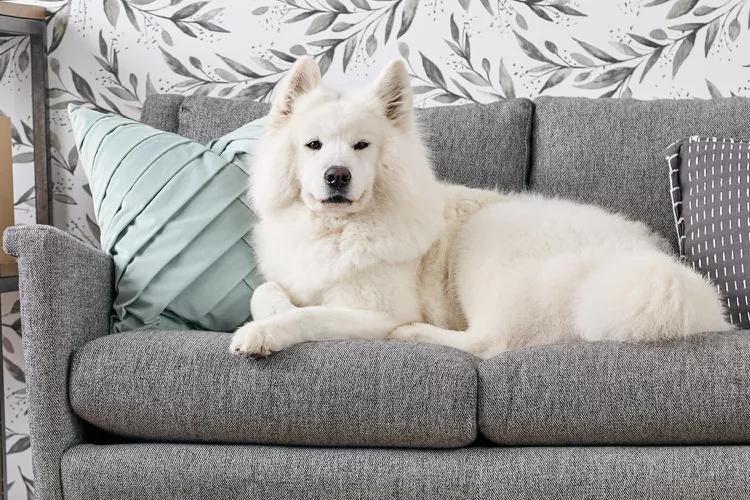
Should Dogs Be Allowed on Furniture?
Should you let your dog on the couch or in the bed with you? Are there any reasons we should not let dogs on the furniture? Here's what to know.
Why Do Dogs Eat Rocks?
One of the most common non-food items for dogs to eat are rocks. Here's what to know about why dogs eat them and how can you stop your dog from eating rocks.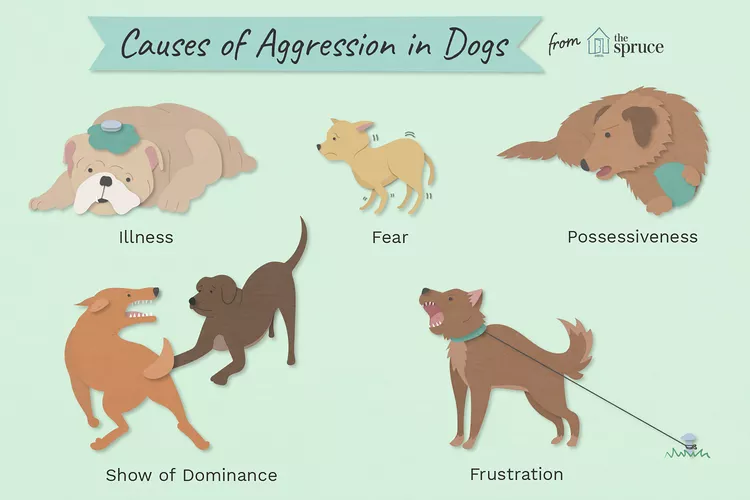
Why Dogs Get Aggressive and How to Stop It
Why is your dog biting you aggressively? Sometimes dogs can become aggressive with little warning. Find out what causes your dog to become aggressive so you can work with the behavior.
Thai Ridgeback: Dog Breed Characteristics & Care
Learn all about the Thai Ridgeback, a rare breed from Thailand. Find out how to care for the loyal dog and where to buy or adopt one.